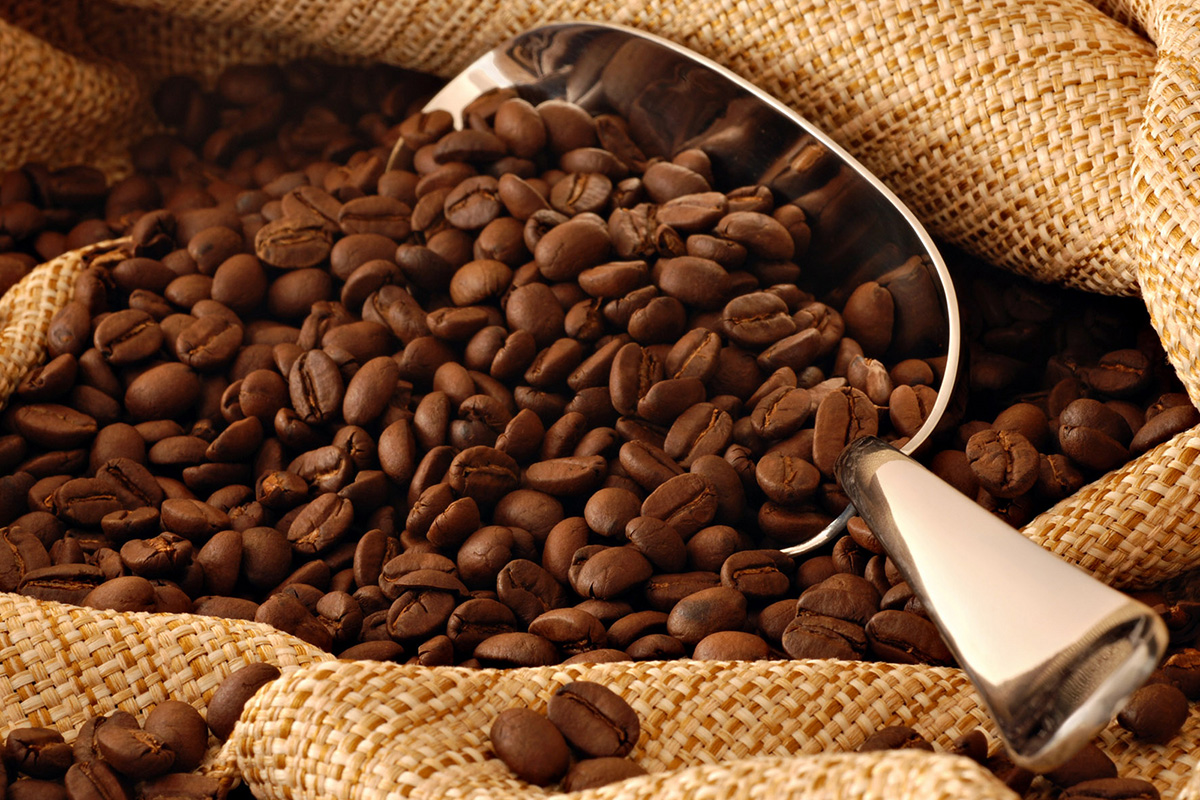Coffee is considered one of the most sought after beverages of all times and thus, it is one of the most profitable beverage sectors to invest. With rising supply and demand for coffee, there has been growing inclination toward the consumption of healthy coffee. As a result, by lowering the caffeine content in coffee, conventional coffee can be transformed into a healthy option. This factor is likely to drive the global decaffeinated coffee market during the forecast period, from 2021 to 2031.
The food service industry is the major consumer of decaffeinated coffee globally, thereby accounting for a large share of the market. The rise in demand for this type of coffee can be attributed to the popularity and the increasing number of coffee shops. The high consumption of coffee at these outlets is likely to act as the top demand stimulator for the companies producing coffee. This sector also produces coffee roasters and offers a diverse range of products. The growing popularity of decaffeinated coffee can be attributed to the fact that coffee joints or outlets are found in almost every location where social meeting or gathering take place, including restaurants, schools, shopping malls, offices, schools, and of course coffee shops.
Get PDF Brochure for More Insights – https://www.transparencymarketresearch.com/sample/sample.php?flag=B&rep_id=31679
The global decaffeinated coffee market is estimated to expand at a CAGR of 7.9% during the forecast period. The demand for decaffeinated coffee is highest among the millennial generation, which is projected to expand over time due to the increased drive to remain active.
Key Findings of Market Report
- Genetic Variation of Coffee Beans Eliminates Need of Decaffeination Process
There has been a growing demand for ensuring a safe food future. As decaffeination procedures involve coffee oil, carbon dioxide, or water contain ethylene chloride, and methyle acetate, consumers are gaining increased understanding of genetic variation in coffee beans.
In addition, in the decaffeinated coffee business, genetic variety of coffee beans is becoming increasingly popular. This not only avoids the need for the decaffeination process, but also helps to retain the coffee beans’ inherent chemistry and flavor. Coffee producers, on the other hand, are engaging in decaffeination of coffee beans when they are still green prior to roasting. These methods change or extract various compounds that give coffee health advantages as well as its incredible taste and in addition to decaffeinating it.
Ask for Special Discount on Report – https://www.transparencymarketresearch.com/sample/sample.php?flag=D&rep_id=31679
- Market Players to Capitalize on Shift in Consumer Preference toward Organic Food Products
Producing food organically by employing conventional methods of agriculture and without any application of chemical substances gives a greater flavor as well as a higher content of nutrition with little or no adulteration. As per the findings of the U.S. Department of Agriculture’s Economic Research Service, consumer demand for such organically produced food items is growing by double digits, which has led to the supply of such produce across 20,000 natural food stores. These findings also observe that three out of every four conventional grocery stores across the U.S. keeps organically produced food products. As a result, food and beverage makers and processors are finding organically produced food items to be commercially lucrative. As such, coffee producers are also tapping this opportunity for increased revenue generation, which is likely to work in favor of the global decaffeinated coffee market in the forthcoming years.
Request a Sample – https://www.transparencymarketresearch.com/sample/sample.php?flag=S&rep_id=31679
Decaffeinated Coffee Market: Growth Drivers
- The Food and Agriculture Organization (FAO) and the World Health Organization (WHO) encourage consumption of Non-GMO products. Growing inclination toward non-GMO food items is likely to support growth of the global decaffeinated coffee market.
- With increasing knowledge about the health problems associated with drinking conventional coffee regularly, people addicted to drinking conventional coffee are likely to provide profitable business opportunities to market players.
Buy an Exclusive Research Report at https://www.transparencymarketresearch.com/checkout.php?rep_id=31679<ype=S
Decaffeinated Coffee Market: Key Competitors
Some of the key market players are
- Caribou Coffee Operating Company Inc.
- The J.M. Smucker Company
- Jacobs Douwe Egberts Pro
- Tchibo Coffee International Ltd.
- Keurig Dr Pepper Inc.
- The Kraft Heinz Company
Decaffeinated Coffee Market: Segmentation
Nature
- Organic
- Conventional
Type
- Regular
- Medium Roasted
- Dark Roasted
End Use
- Retail/Household
- Foodservice
Distribution Channel
- Business to Business
- Business to Consumers
Food & Beverages Industry battles Tangible Impact of Economic and Cultural changes, Explore Transparency Market Research’s award-winning coverage of the global Food & Beverages Market:
RTD Coffee Market – https://www.transparencymarketresearch.com/rtd-coffee-market.html
Organic Coffee Market – https://www.transparencymarketresearch.com/organic-coffee-market.html
Canned Coffee Market – https://www.transparencymarketresearch.com/canned-coffee-market.html


